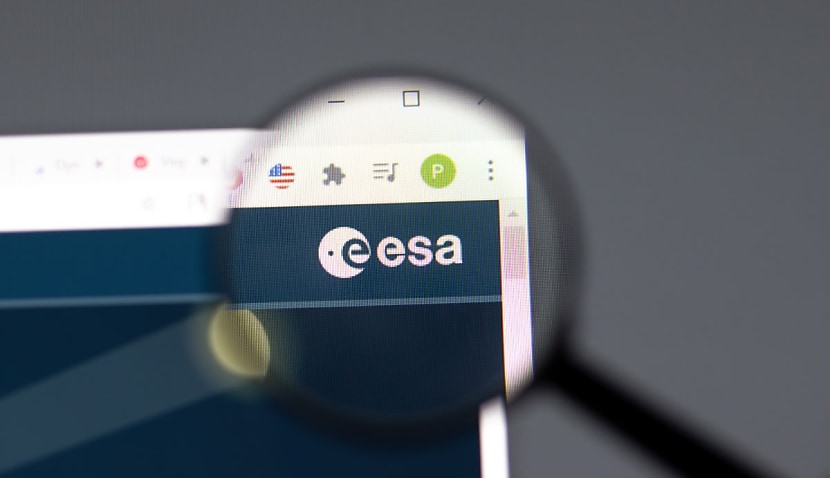
When you think of what a space agency is, the first one that comes to mind would be the National Aeronautics and Space Administration (NASA). It is a globally-known organisation, and rightfully so.
In this article, we take a look at three different space agencies: the European Space Agency (ESA), Space Exploration Technologies Corp (SpaceX), and Blue Origin (Amazon founder Jeff Bezos’s company). Each has its strengths and weaknesses when it comes to safety, however, they do have some things in common.
European Space Agency
The European Space Agency (ESA) is one of many space agencies that have greatly contributed to the safety of space exploration. It consists of national space organisations from various European nations, founded in 1975 and headquartered in Paris, France.
It has an excellent reputation for safety when it comes to its astronauts as well as its satellites. The ESA is responsible for the safety of astronauts on board the International Space Station (ISS) and conducts research into how humans can live in space without their health or sanity being adversely affected.
The Space Situational Awareness (SSA) program of the ESA was introduced in 2009 to ensure European countries could independently identify, anticipate and evaluate threats from space and their potential risks to infrastructure, property and human life.
The SSA program has three segments that identify these risks: space weather, near-Earth objects, and space surveillance and tracking. This required creating new technologies to detect and monitor the risks associated with being so close to an active star, in a solar system full of old and rapidly moving space rocks, and on a planet that is increasingly being encircled by decommissioned satellites and trash.
ESA has also been involved with other aspects of space exploration such as satellite design, satellite navigation systems, Earth observation technology and even asteroid mining. Even though it does not have some of the capabilities that other space agencies do, ESA has a sizable portfolio of cutting-edge space capabilities, some of which other agencies have yet to match.
SpaceX
SpaceX is a space transport services company which is based in Hawthorne, California and was founded by Elon Musk in 2002. SpaceX focuses on designing, manufacturing and launching advanced rockets and spacecraft for both government agencies and commercial customers.
It has been involved with rocket launches since 2010, launching its first rocket from Cape Canaveral Air Force Station on 1 April 2016. It also recently developed capsules capable of carrying multiple people into orbit before returning safely back down again without problems. This takes it one step ahead of NASA, which has not yet achieved this.
While a private company, SpaceX is committed to safety by meeting or exceeding space regulations and best practises. Some of its efforts include:
- Designing and producing highly manoeuvrable satellites with dependability levels greater than 99 per cent.
- To guarantee there is no persistent debris, even in the unlikely event the satellite malfunctions in orbit, operations are carried out at low altitudes (below 600 kilometres).
- Placing satellites at a low altitude to check if they are functioning correctly before launching them into an operational orbit.
- Openly sharing orbital data with other satellite operators and owners.
- Creating an advanced collision avoidance system to take action when encounters risks go above acceptable levels.
Blue Origin
Blue Origin is a spaceflight company founded by Jeff Bezos, founder of Amazon. The company is based in Kent, Washington, and operates as an independent subsidiary of Amazon. It creates reusable launch vehicles and in-space technologies that are secure, affordable and meet the requirements of all civic, commercial and defence customers.
Notable projects by Blue Origin include sending astronauts into space on New Shepard, creating reusable liquid rocket engines, creating an orbital launch vehicle with New Glenn, developing the next generation of space habitats, and landing on the Moon again.
Since 2012, Blue Origin has been testing the redundant safety systems and New Shepard rocket in flight. The program has completed 22 consecutive successful trips, including three successful crew escape tests, demonstrating that the crew escape mechanism can be safely activated at any point during the flight. In the unusual event a problem is found, the crew escape system on New Shepard will push the capsule away from the launcher.
The capsule has been built from the ground up with a robust landing safety design including several redundancies and has been put through testing throughout the program. The capsule’s bottom contains a retro-thrust device that expels a pillow of air. The seats have been intended to flex and absorb g-forces in the unusual case of an off-nominal landing, and the capsule can land with two of its three chutes out for increased safety and redundancy.
Blue Origin is a fairly new and private company. Their programs are geared towards space tourism, making space travel accessible and sending people to space in the safest and most sustainable way possible, which is a game changer in the space industry.
Conclusion
It’s important to remember NASA is not the only space agency that exists. The ESA, SpaceX, and Blue Origin are just some of the space agencies making great strides to break any technological barriers that come with space exploration and space travel.
Receive the latest developments and updates on Australia’s space industry direct to your inbox. Subscribe today to Space Connect here.









